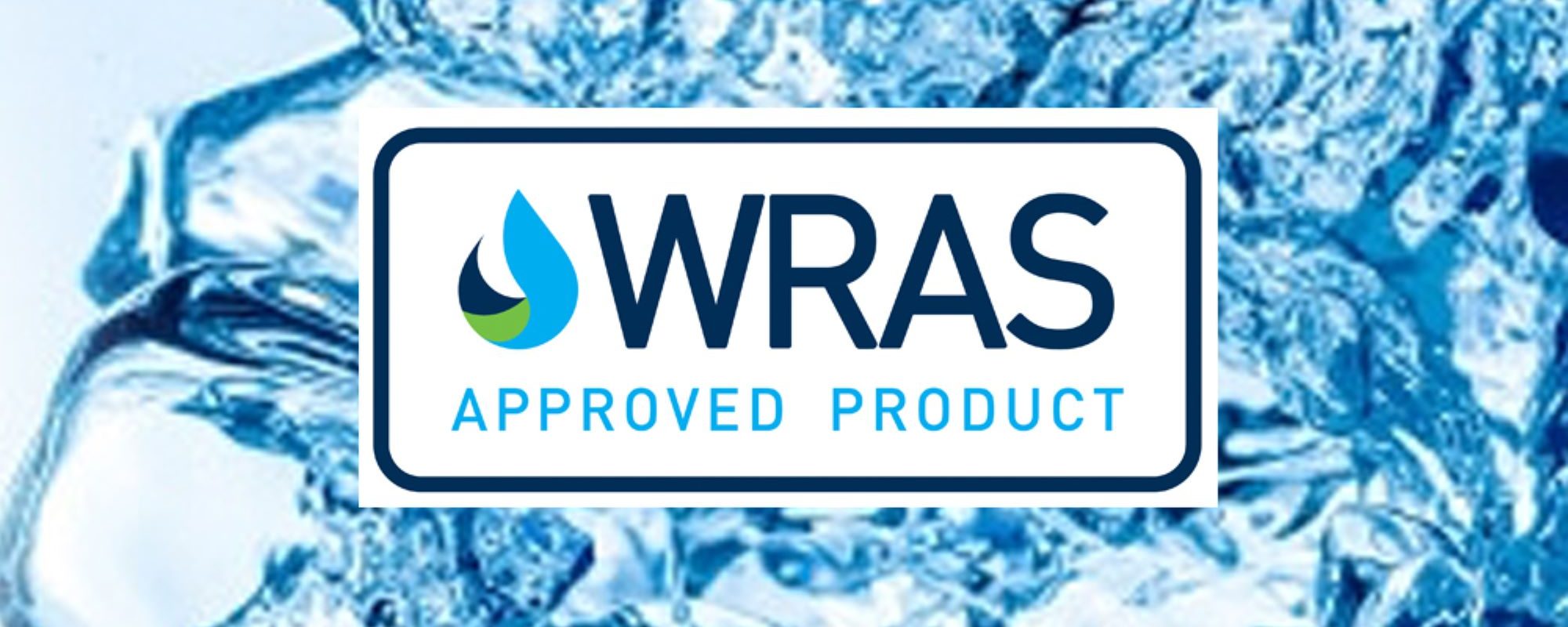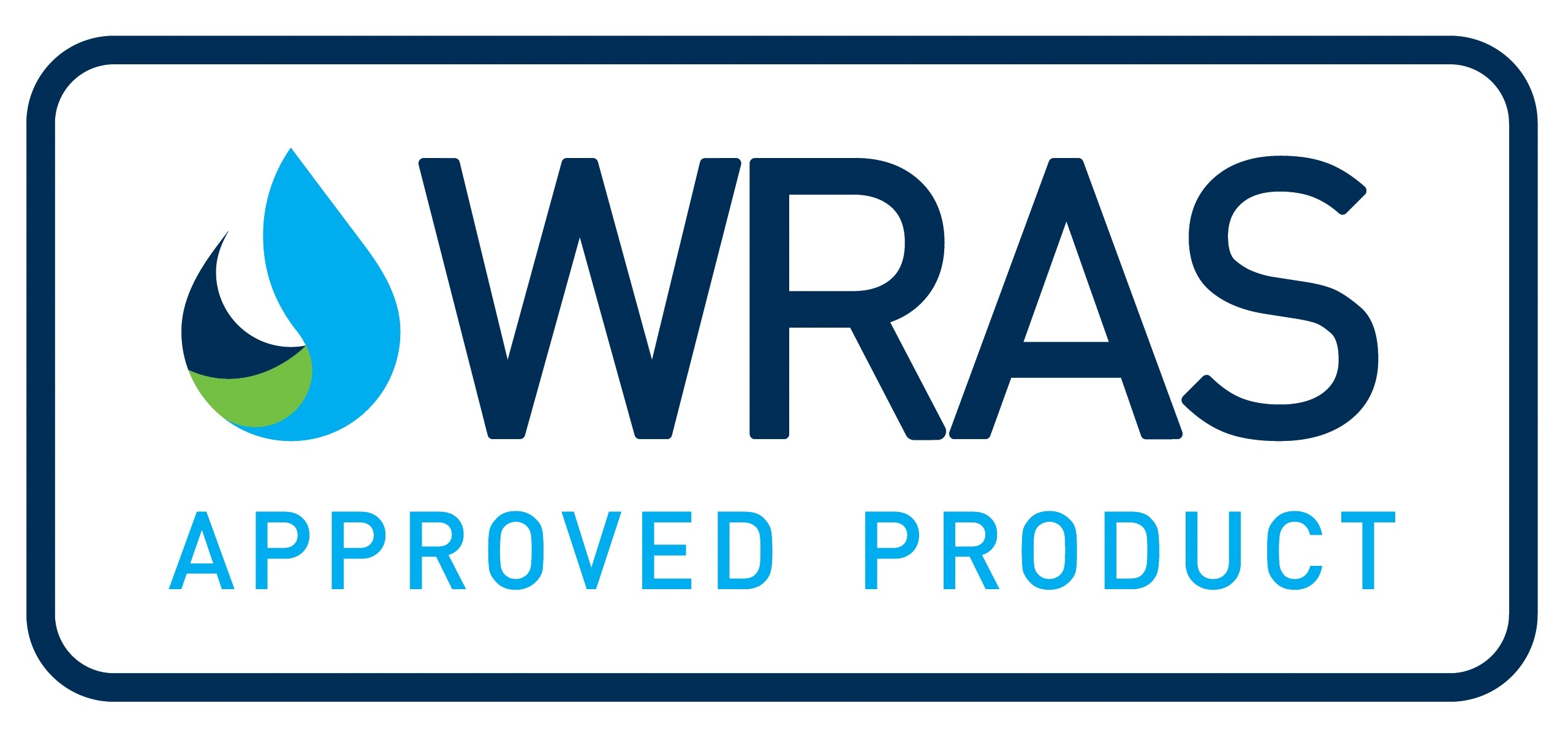 11th Jun 2018 by MIW Water Coolers
11th Jun 2018 by MIW Water Coolers
What the Water Supply (Water Fittings) Regulations Mean for You
If you’re reading this blog (hello, by the way, nice to meet you!), the likelihood is that you either have a drinking fountain, water cooler or sports bottle refill station on your premises, or you’re considering getting one. This is a very good thing. It means that you’re a responsible employer/business owner and you want to do the right thing for your employees and customers. However, it also means that you have another set of rules and regulations to get to grips with. This is not a good thing. BUT, it needn’t be as bad as you’re probably anticipating.
In 1999 the Water Supply (Water Fittings) Regulations and Scottish Byelaws came into legislation. Their aim was to ‘prevent inefficient use of water, the waste, misuse, undue consumption, incorrect measurement of it and, most importantly, to prevent contamination of drinking water supplies.’ While most of that sounds like it should be the remit of the water supply companies – and indeed, they’re responsible for policing the upkeep of this legislation – it does mean that if you supply drinking water on your premises you have to ensure that all equipment is compliant: it doesn’t create waste; it’s safe. Both of these points are relatively easy to manage – it’s just a case of knowing how.

It would be nice to think that all drinking fountains, bottle refill stations and coolers sold in the UK adhere to the standards. Alas, that’s not the case. Because while you, as a business owner, are obliged to work within the law, when it comes to this, retailers are not. At MIW Water Cooler Experts, for example, we could very easily get our hands on a bulk load of cheap Chinese imports and flog them for a healthy profit. We wouldn’t – be we could, and many others do. In selling these imports, which have not been tested to British standards, we’d be doing nothing wrong. In installing one on your premises, however, you would. Not fair, is it?
The easiest way to avoid a regulatory pratfall is to look for the WRAS mark of approval. WRAS (Water Regulation Advisory Scheme) is an independent agency which tests water supply products, all of the materials they’re made from and the components that go into them, to ensure that they’re safe and compliant with the Water Supply (Water Fittings) Regulations and Scottish Byelaws.
Gaining WRAS approval isn’t cheap – US company, Elkay, spent two years and US$180,000 to ensure that their products complied with WRAS – so a lot of companies don’t bother. And why would they, when they can continue to sell their goods without it? As a business owner, however, without WRAS approval you may be asked to prove the suitability of your equipment in other ways, which can be costly. If you can’t prove suitability, you could find yourself being asked to replace the equipment you’ve got.
At MIW, customer service has always been our keystone. That’s we only work with WRAS-approved equipment.










